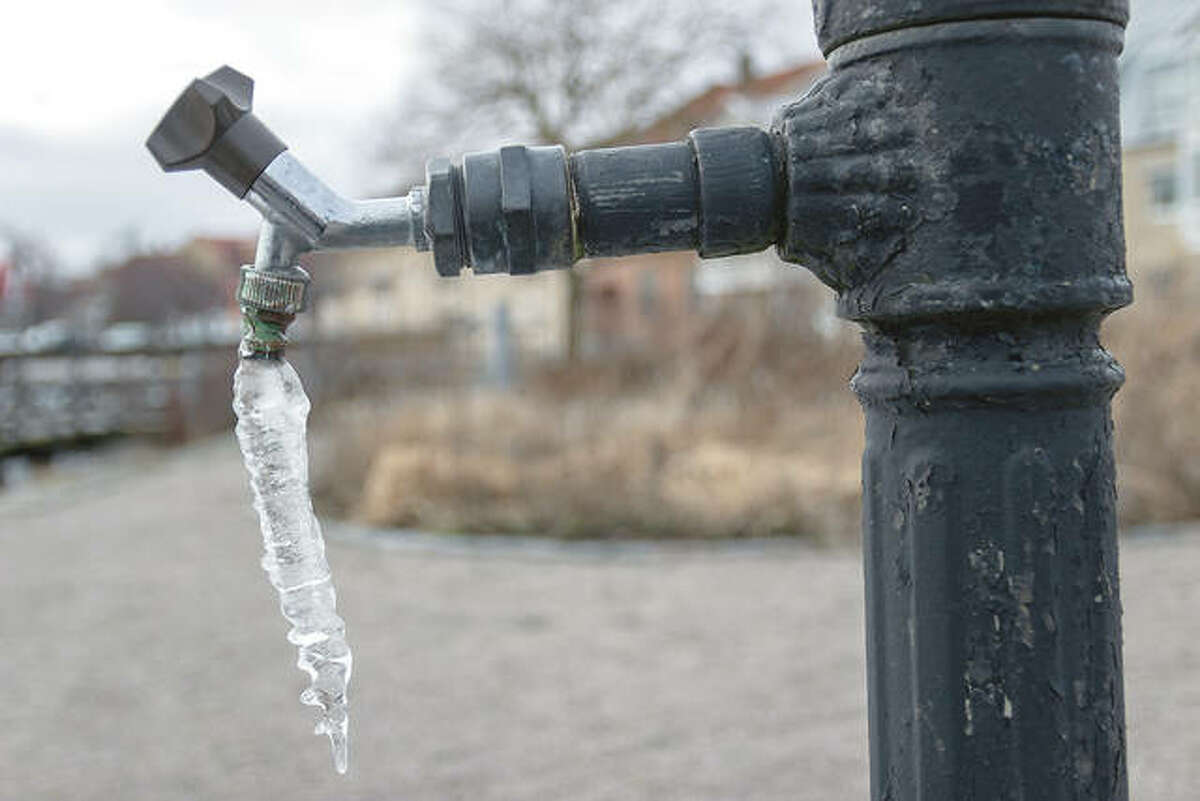Ways to Safeguard Plumbing System from Cold Weather: Essential Tips
Ways to Safeguard Plumbing System from Cold Weather: Essential Tips
Blog Article
They are making several good observations on the subject of Winter Plumbing Precautions: Preventing Frozen Pipes as a whole in this post in the next paragraphs.

Cold weather can wreak havoc on your plumbing, especially by freezing pipes. Here's exactly how to avoid it from occurring and what to do if it does.
Introduction
As temperatures drop, the threat of icy pipelines rises, possibly bring about expensive repair services and water damage. Understanding just how to avoid frozen pipelines is crucial for property owners in cold environments.
Avoidance Tips
Insulating susceptible pipes
Cover pipes in insulation sleeves or make use of heat tape to protect them from freezing temperature levels. Concentrate on pipes in unheated or outside locations of the home.
Heating techniques
Maintain indoor areas sufficiently heated, particularly locations with plumbing. Open cupboard doors to permit warm air to circulate around pipes under sinks.
Just how to recognize icy pipes
Search for reduced water flow from faucets, unusual odors or noises from pipes, and visible frost on subjected pipes.
Long-Term Solutions
Structural modifications
Think about rerouting pipes away from exterior wall surfaces or unheated locations. Add additional insulation to attics, cellars, and crawl spaces.
Updating insulation
Purchase top notch insulation for pipelines, attics, and wall surfaces. Correct insulation assists maintain regular temperature levels and minimizes the risk of icy pipes.
Shielding Outside Plumbing
Yard hoses and exterior faucets
Detach and drain garden tubes before winter season. Mount frost-proof spigots or cover outside taps with protected caps.
Comprehending Icy Pipes
What triggers pipelines to ice up?
Pipelines freeze when exposed to temperatures listed below 32 ° F (0 ° C) for prolonged periods. As water inside the pipelines ices up, it expands, taxing the pipeline wall surfaces and possibly causing them to break.
Dangers and damages
Frozen pipelines can result in water system disturbances, residential property damage, and pricey repair services. Burst pipes can flood homes and cause extensive architectural damage.
Indicators of Frozen Piping
Identifying frozen pipes early can stop them from bursting.
What to Do If Your Pipes Freeze
Immediate activities to take
If you presume icy pipes, keep faucets open to relieve stress as the ice thaws. Make use of a hairdryer or towels taken in warm water to thaw pipelines gradually.
Conclusion
Preventing icy pipelines needs proactive measures and fast actions. By comprehending the causes, indicators, and safety nets, house owners can protect their pipes throughout cold weather.
Helpful Tips to Prevent Frozen Pipes this Winter
UNDERSTANDING THE BASICS: WHY PIPES FREEZE AND WHY IT’S A PROBLEM
Water freezing inside pipes is common during the winter months, but understanding why pipes freeze, and the potential problems it can cause is crucial in preventing such incidents. This section will delve into the basics of why pipes freeze and the associated problems that may arise.
THE SCIENCE BEHIND FROZEN PIPES
When water reaches freezing temperatures, it undergoes a physical transformation and solidifies into ice. This expansion of water as it freezes is the primary reason pipes can burst. As the water inside the pipe freezes, it expands, creating immense pressure on the walls. If the pressure becomes too great, the pipe can crack or rupture, leading to leaks and water damage.
FACTORS THAT CONTRIBUTE TO PIPE FREEZING
Low Temperatures: Extremely cold weather, especially below freezing, increases the risk of pipes freezing. Uninsulated or Poorly Insulated Pipes: Pipes located in unheated areas, such as basements, crawl spaces, or attics, are more prone to freezing. Insufficient insulation or lack of insulation altogether exacerbates the problem. Exterior Wall Exposure: Pipes running along exterior walls are susceptible to freezing as they encounter colder temperatures outside. Lack of Heating or Temperature Regulation: Inadequate heating or inconsistent temperature control in your home can contribute to frozen pipes. PROBLEMS CAUSED BY FROZEN PIPES
- Pipe Bursting: As mentioned earlier, the expansion of water as it freezes can cause pipes to burst, resulting in significant water damage.
- Water Damage: When pipes burst, it can lead to flooding and water damage to your property, including walls, ceilings, flooring, and personal belongings.
- Structural Damage: Prolonged exposure to water from burst pipes can compromise the structural integrity of your home, leading to costly repairs.
- Mold and Mildew Growth: Excess moisture from water damage can create a favorable environment for mold and mildew growth, posing health risks to occupants.
- Disrupted Water Supply: Frozen pipes can also result in a complete or partial loss of water supply until the issue is resolved.
WHY CERTAIN PIPES ARE MORE PRONE TO FREEZING
- Location: Pipes located in unheated or poorly insulated areas, such as basements, crawl spaces, attics, or exterior walls, are at higher risk of freezing.
- Exterior Pipes: Outdoor pipes, such as those used for irrigation or exposed plumbing, are particularly vulnerable to freezing as they are directly exposed to the elements.
- Supply Lines: Pipes that carry water from the main water supply into your home, including the main water line, are critical to protect as freezing in these lines can affect your entire plumbing system.
- Underground Pipes: Pipes buried underground, such as those connected to sprinkler systems or outdoor faucets, can be susceptible to freezing if not properly insulated.
https://busybusy.com/blog/helpful-tips-to-prevent-frozen-pipes-this-winter/

Do you like reading about How To Avoid Freezing Pipes? Try to leave a comment down below. We would be pleased to find out your thoughts about this blog entry. Hoping that you visit us again in the future. If you enjoyed our blog post please don't forget to pass it around. We appreciate reading our article about How to prepare your home plumbing for winter weather.
Click Here Report this page